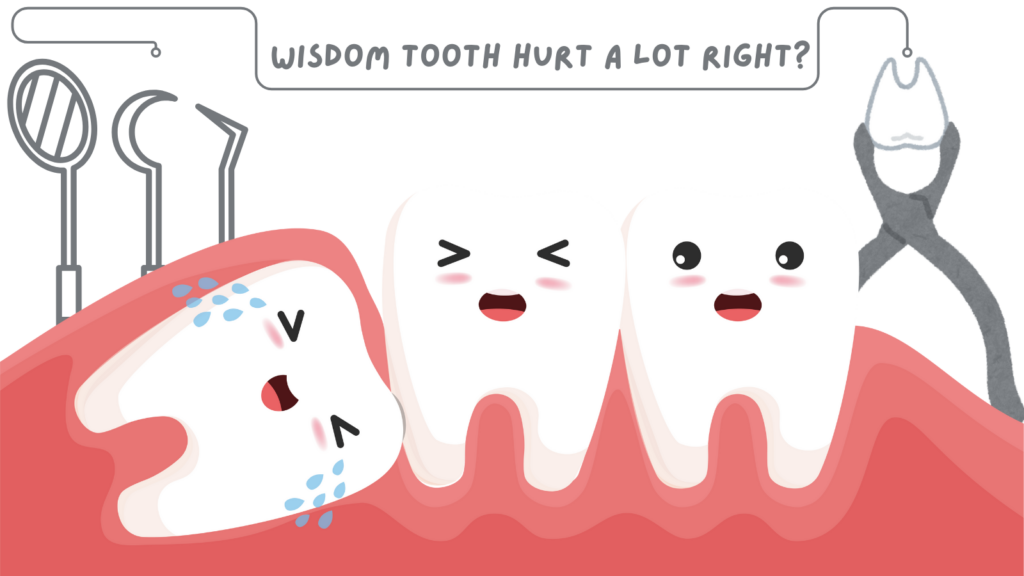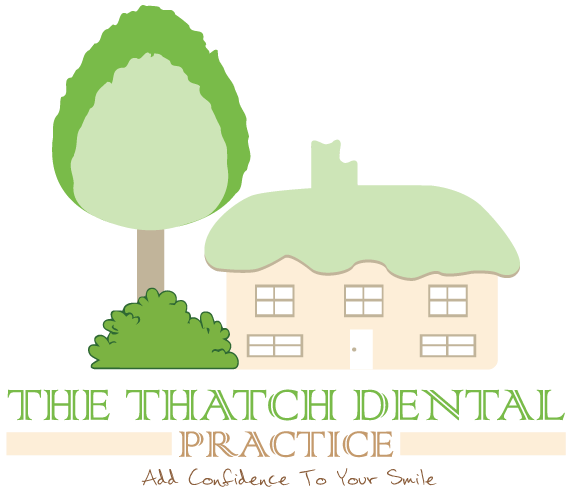
Issue: The Unwelcome Guest in Your Mouth
Picture this: you’re brushing your teeth one night and feel tenderness or swelling at the back of your mouth.
Or maybe during a routine dental appointment, your dentist says, “Your wisdom teeth are starting to come in.” For many, the thought of wisdom teeth brings to mind discomfort, swelling, or even the prospect of surgery.
Wisdom teeth, referred to as third molars, generally appear between the ages of 17 and 25.
While some people are fortunate enough to experience no problems, for others, these late arrivals can cause chaos, resulting in misalignment, pain, or infections. But what is it that makes wisdom teeth so problematic?
- Crowding: Often, there simply isn’t enough space in the jaw for an extra set of molars. This results in misalignment, pressure on adjacent teeth, and potential alterations in your bite.
- Impaction: Wisdom teeth frequently come in at unusual angles or do not fully break through the gums, becoming trapped underneath—a situation known as impaction.
- Infections and Cavities: Partially erupted wisdom teeth can become hotspots for bacteria. Food debris can easily become lodged, resulting in cavities or gum infections like pericoronitis.
- Cysts and Bone Damage: In rare instances, impacted wisdom teeth can develop cysts that harm the jawbone and neighboring teeth.
For countless individuals, having wisdom teeth removed becomes not merely an option but a necessity.
Agitation: When Wisdom Teeth Disturb Your Peace
Take the example of Alex, a 24-year-old university student. He started to feel sporadic throbbing discomfort at the back of his mouth.
At first, he attributed it to stress or grinding his teeth during late-night study hours. However, the discomfort intensified, radiating to his jaw and ear.
A trip to the dentist uncovered that he had impacted wisdom teeth. One of the molars was pressing against the neighboring tooth, while another was growing sideways beneath the gum.
If left unaddressed, this could lead to lasting harm to his jawbone and misalignment of his other teeth.
Here’s a summary of what Alex went through before and after obtaining professional assistance:
Symptoms Prior to Extraction:
– Ongoing pain
– Inflamed gums
– Trouble fully opening his mouth
– Foul breath from trapped food particles
The Dangers of Postponing Treatment:
– Escalating pain and swelling
– Increased risk of infection that may need antibiotics
– Higher chances of complications during the surgical procedure
Why Do Individuals Delay Wisdom Tooth Removal?
Even with the potential dangers, numerous individuals hesitate to pursue treatment for wisdom teeth. Fear of discomfort, worries about expenses, or misconceptions regarding recovery often hinder prompt action.
Nevertheless, contemporary dentistry has advanced considerably, making wisdom tooth removal safer and more comfortable than it has ever been.
Solution: What to Anticipate from a Wisdom Tooth Extraction Dentist
If you’re experiencing issues with your wisdom teeth, choosing the right dentist or oral surgeon can significantly impact your experience. Here’s everything you should understand about the procedure:
- Getting Ready for the Procedure
The initial step is to have a consultation with your dentist or oral surgeon. They will:
- Conduct a physical examination.
- Obtain X-rays to assess the position of the wisdom teeth.
- Discuss the need for extraction.
Case Study: Strategic Preparation for Pain-Free Surgery
Dr. Patel, an oral surgeon based in New York, highlights the significance of thorough preparation. One of her patients, Emily, had four wisdom teeth that were impacted. By utilizing 3D imaging, Dr. Patel created a detailed extraction strategy, reducing risks and recovery duration.
- The Extraction Procedure
Removal of wisdom teeth can be conducted under local anesthesia, sedation, or general anesthesia, depending on the complexity of the situation and the patient’s choice.
Simple Extraction: For wisdom teeth that have fully emerged, the dentist will numb the area and extract the tooth using specialized instruments.
Surgical Extraction: For teeth that are impacted or only partially erupted, a small incision in the gum is required. The tooth may need to be divided into smaller fragments for easier extraction.
Technology in Use: Minimally Invasive Methods Numerous contemporary clinics employ advanced technologies such as lasers for making incisions, which can minimize bleeding and expedite healing. Research indicates that patients who undergo laser-assisted extractions report less discomfort after the procedure.
- Recovery and Aftercare
Recovery generally takes between 3-7 days, depending on how complex the extraction was. Here’s what you can expect:
Day 1-2: Swelling and mild discomfort are typical. Ice packs and prescribed pain medications can help.
Day 3-4: Gradual improvement is common, although some tightness in the jaw may remain.
Day 5-7: Most patients can resume their usual activities.
Tips for a Smooth Recovery:
- Avoid consuming hot or spicy dishes.
- Opt for soft foods like yogurt, mashed potatoes, and smoothies.
- Refrain from using straws, as suction can dislodge the blood clot and lead to dry socket.
- Maintain cleanliness in the area by gently rinsing with a saltwater solution.
Patient Insight: Emily’s Journey
Emily adhered to her surgeon’s recommendations and avoided solid foods for the initial three days. By the fifth day, she was back at work with minimal discomfort. Her advice? “Follow the aftercare plan—it really makes a difference!”
- Expenses and Insurance
The cost of wisdom tooth extraction can vary based on several factors:
- Complexity of the procedure
- Type of anesthesia utilized
- Geographic location
On average, simple extractions cost between $75-$200 per tooth, while surgical extractions can range from $225-$600 per tooth. Many dental insurance plans will cover part or all of the expense if the procedure is considered medically necessary.
When Is It Necessary to Visit a Dentist?
Not everyone requires the extraction of their wisdom teeth. Nevertheless, there are specific indicators that suggest it may be time to seek professional advice:
- Ongoing discomfort or swelling at the rear of the mouth
- Challenges with chewing or fully opening your mouth
- Frequent gum infections
- Crowded or shifting teeth
Final Thoughts: Take Action Now
Wisdom teeth might be the last to emerge, yet they often require the most care. Whether you’re experiencing slight discomfort or intense pain, consulting a skilled dentist is crucial for your ongoing dental health.
Do you recall Alex? Following his successful procedure, he experienced relief almost instantly. His recommendation: “Don’t delay until it becomes intolerable—your teeth and tranquility are invaluable.”
If you’re facing challenges with your wisdom teeth, arrange a meeting with a reputable dentist or oral surgeon today. The earlier you take action, the smoother the process—and your recovery—will be.








